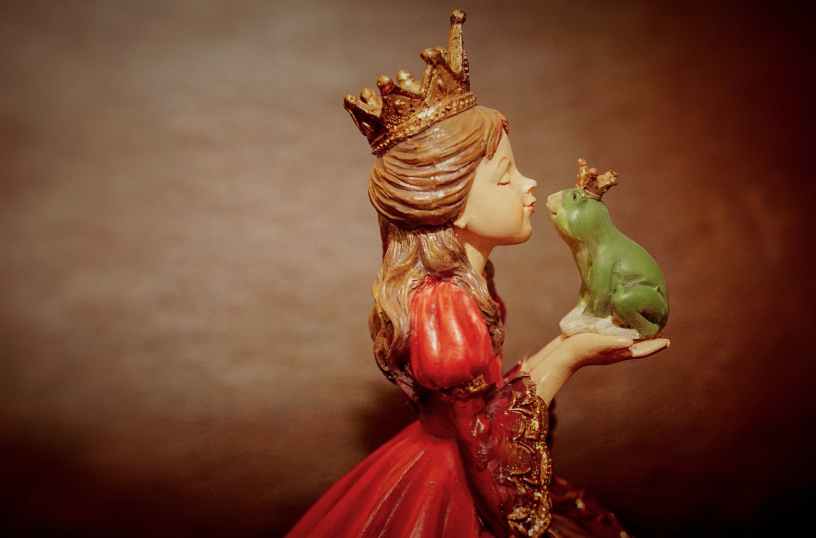When I was attending university in the mid 90’s, I was introduced to rock ‘n roll, weed, and Buddhism, somewhat simultaneously. A Mexican friend of mine, who loved going by his anglicized name, George, shoved David Bowie, Pink Floyd, Prince and Queen into my consciousness. He was appalled that my Ecuadorian-Canadian upbringing had left me ignorant of an entire genre, and made fun of me about it until I was shamed into buying a bunch CD’s at Tower Records. George, along with two Mexican brothers, Ricardo and Andrés, formed a band in the basement of the house they rented just outside Porter Square, Cambridge. The Fun House was the late-night hang spot, where the basement was often filled with a smokey haze, negating the need to see who was playing or sitting next to you. Hanging out in the kitchen, looking at the plethora of art work done by Ricardo, was visually orgasmic enough. Ricardo was prolific—he created oil paintings using all the kitchen cabinet doors, many of the walls on all three floors—every surface was his canvas. Buzzed and high, it was fairly neutral territory before descending into the fog.
At that time, my friend PJ played with George and the boys, quite often with different keys of harmonicas jangling in his pockets. Gradually, PJ added guitar with a harmonica rig, making his pockets jangle slightly less. I learned about Muddy Waters, Bob Dylan, and Woody Guthrie from him. Although I had my first walk with marijuana outside this group, it was with them that music meant a whole different thing from what I had previously perceived. One late night, having just made the final commuter train departing Boston, I had a complete revelation from North Station to Andover, listening to Dark Side of the Moon.
“Damn man, I finally get it!” I announced out loud to my fellow commuters. Nobody around me batted an eye.
PJ was the one that introduced me to the Dalai Lama and Buddhism. He lent me his copy of The Art of Happiness. I think I cried into the second chapter and went out to buy my own copy shortly thereafter. Living in New York decades later, I was able to see His Holiness give a lecture at Radio City and found synchronicity in the mysterious workings of this life. I kept a habit of occasionally reading Buddhist writings for the following two decades. At the time when PJ recommended The Art of Happiness, he spoke to me about it out of the blue. He was worried about me living at home with a controlling and shaming father, and a step-mom who seemed to support his abuse. I didn’t recognize all the moving parts of what was happening at that time, but PJ could see it clearly enough. He had keyed into a fellow trauma traveler from the lens as a victim of his grandfather’s sexual abuses. Perhaps at the time he gave me that book, he was looking into a kind of mirror. In our final year, he found himself in rehab, which forced him to really face what he had been through.
That one moment he took with me, changed my life.
“Get out as soon as you can,” he told me, pulling me aside one day after class. “I’m worried— we’re all worried—that your soul isn’t going to make it. We can all see what your dad does to you…” I remember feeling the walls I had erected to survive what was going on at home begin to crumble slightly. The overwhelming vulnerability of truly being seen at that moment, made me shiver out tears. He went on to say, “Read this book if you can, but mostly, meditate. It apparently takes a lifetime, but if anyone can do this, it would be you. You would do it to stop yourself from going over the edge.” He gave me his classic PJ wiggly hug and cheesy smile. “And I hear yoga helps too, but that’s more like a girl thing I think.”
People land in your life in the most mysterious ways.
©May 2019, Isabel Gonzalez





